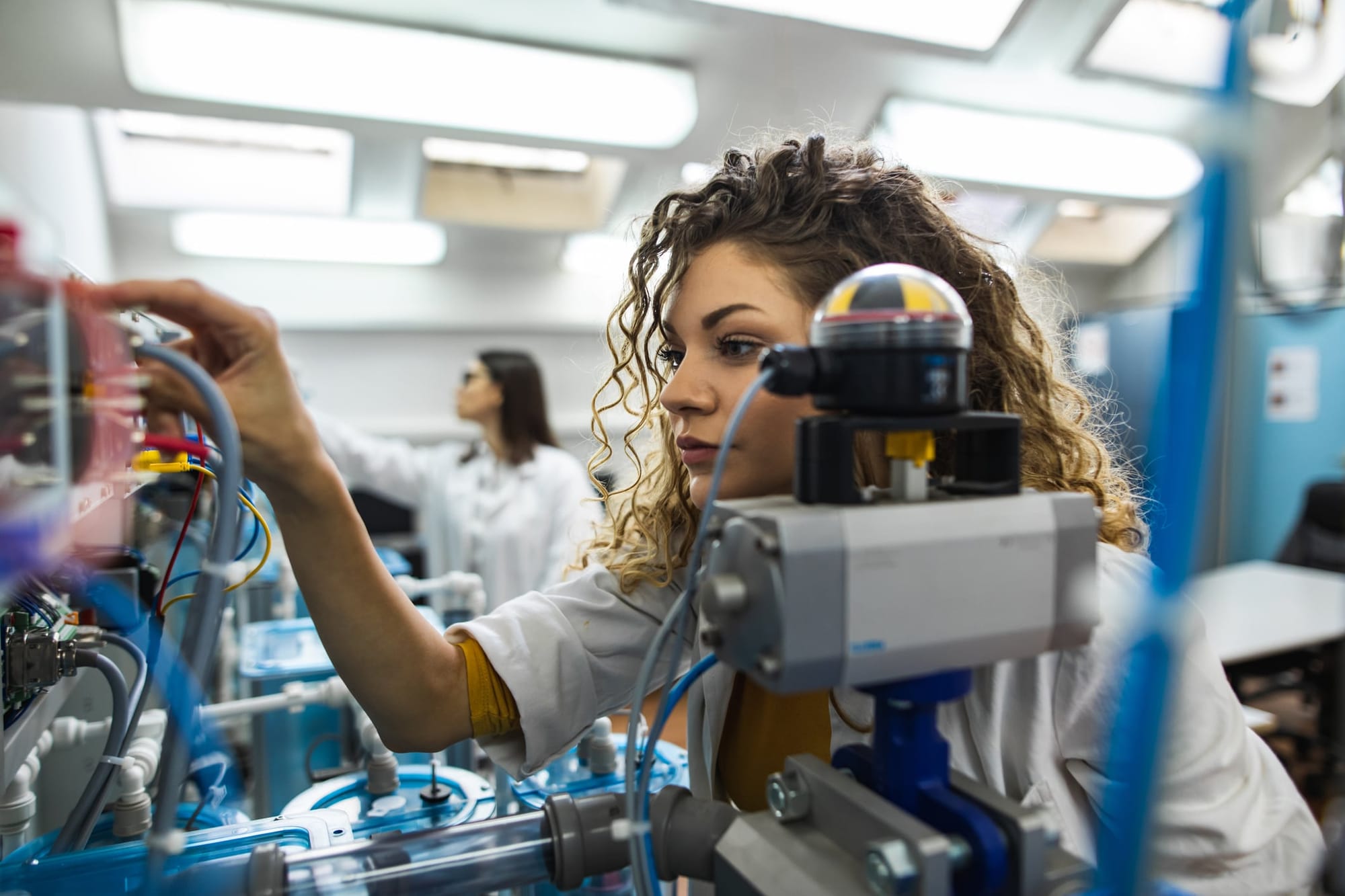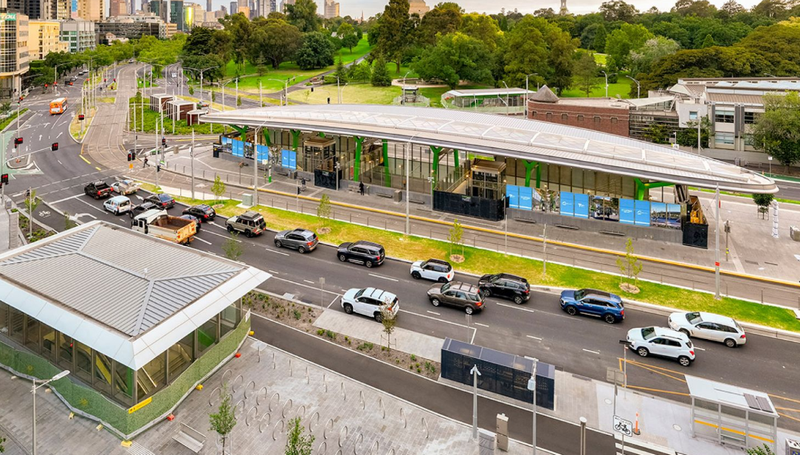
As the Economic Reform Roundtable sharpens Australia’s focus on prosperity, investing in quantum-enabling technologies stands out as a smart move. Doing so now is vital to developing the infrastructure and skills needed to power a strategically-important quantum economy for Australia’s future.
Quantum technologies are already transforming fields such as medicine, energy, electronics and defence, delivering real-world benefits today.
While quantum computing grabs headlines and funding, many of the most exciting breakthroughs in quantum science are happening in other areas – through powerful new sensors, materials, and devices.
Building scalable, fault-tolerant quantum computers is still a major scientific challenge, leading many experts to call for more realistic expectations about when (and how) this technology will truly arrive.
Advancement in healthcare
In contrast, other branches of quantum technology are already yielding substantial advancements.
In healthcare, quantum sensors capable of detecting early-stage cancer by analysing mid-infrared molecular vibrations demonstrate a profound use of quantum mechanics. These sensors leverage quantised molecular energy states to differentiate healthy tissue from abnormalities with unprecedented sensitivity.
Moreover, in cancer treatment, researchers are exploring spasers – nanoscale lasers utilising surface plasmon amplification – to selectively eliminate cancer cells. When targeted directly to tumours and activated externally by light, spasers present an innovative pathway for precise, minimally invasive photodynamic therapies.
Read more: One hundred years of quantum mechanics – what’s next?
One hundred years of quantum mechanics – what’s next?Microscopy has also benefited from quantum-enhanced detectors, which allow researchers to visualise molecular interactions and protein dynamics in real-time, dramatically advancing our understanding of biological processes and drug efficacy.
In energy, innovative quantum thermodynamic processes are enabling next-generation solar panels to produce electricity even at night through radiative cooling. By absorbing ambient heat to generate electricity in addition to light, these panels represent a significant breakthrough in renewable energy generation.
The electronics industry continues to harness quantum effects to achieve extreme miniaturisation. Quantum tunnelling is being integrated into transistor designs, shrinking electronic components to nanometre scales and enabling vertically stacked 3D transistor architectures.
This approach promises superior performance, reduced power consumption, and compactness, all of which are crucial for advanced computing and artificial intelligence systems.

Evolving transistor technology
Further, the development of quantum thermal transistors, which regulate heat flow through discrete quantum states rather than electrical currents, represents a fundamental evolution in transistor technology.
In defence and navigation, quantum inertial navigation systems (QINS) and quantum magnetometers offer precise positional tracking independent of GPS signals. Utilising quantum interference and spin dynamics, these devices ensure exceptional accuracy even in GPS-denied or compromised environments.
Collectively, these advances underscore how quantum principles are already reshaping real-world technologies, profoundly influencing how we navigate, observe, diagnose, and power our world – delivering immediate, impactful benefits that surpass the still-emerging promise of quantum computing.
A growing field, and a growing workforce
As quantum devices evolve, investing in specialised training and creating dedicated entities to foster quantum device research becomes increasingly crucial.
Building quantum systems requires more than bold vision and flashy presentation skills – it demands practical skills in nanofabrication, electronics, optics, materials science, and systems engineering.
Recognising this, Australian universities must step up their programs to prepare a highly skilled and multidisciplinary workforce. By establishing focused interdisciplinary training programs, they must equip students with the practical expertise needed to design, build, and test advanced quantum systems.
This creates exciting new career opportunities not only for quantum physicists, but also for engineers, computer scientists and materials researchers.
To accelerate these efforts, Monash University must establish an Institute for Quantum Device Engineering. Such an institute would serve as a hub to unite experts from physics, engineering, materials science, and computing, driving cutting-edge research and facilitating real-world applications.
By investing in these bold training initiatives and specialised research entities, we can build a robust talent pipeline essential to maintaining its competitive edge in the strategically-important and rapidly-growing quantum sector.

A call to think beyond the algorithm
Quantum breakthroughs will not arise solely from coding expertise. Instead, they will emerge through a deliberate synergy of deep theoretical insights, technological innovation, original thinking, and precision instrumentation.
The true revolution will stem from compact, specialised devices meticulously crafted to harness quantum phenomena, quietly transforming our world.
However, current trends indicate an excessive allocation of resources toward quantum computing, overshadowing the immediate and efficient advancements that can be achieved through advanced supercomputing.
While investment in emerging technologies is vital, it’s equally important to adequately support and optimise existing high-performing fields such as quantum device research.
Additionally, today's educational landscape increasingly emphasises coding at the expense of fundamental literacy, logical reasoning, and core scientific principles, risking the neglect of essential foundational knowledge among our promising youth.
Universities should respond by emphasising foundational concepts and critical thinking over fleeting technological trends. We must teach students fundamental principles, not merely recipes or algorithms.
Robust STEM education must prioritise core competencies in mathematics, physics, and engineering, equipping students with essential depth and rigour to innovate effectively, because the future remains fundamentally physical, shaped profoundly by our knowledge, concepts, and innovations across quantum technologies, AI, robotics, nuclear science, and beyond.
Mastering the fundamentals is crucial for success in this rapidly evolving landscape.





